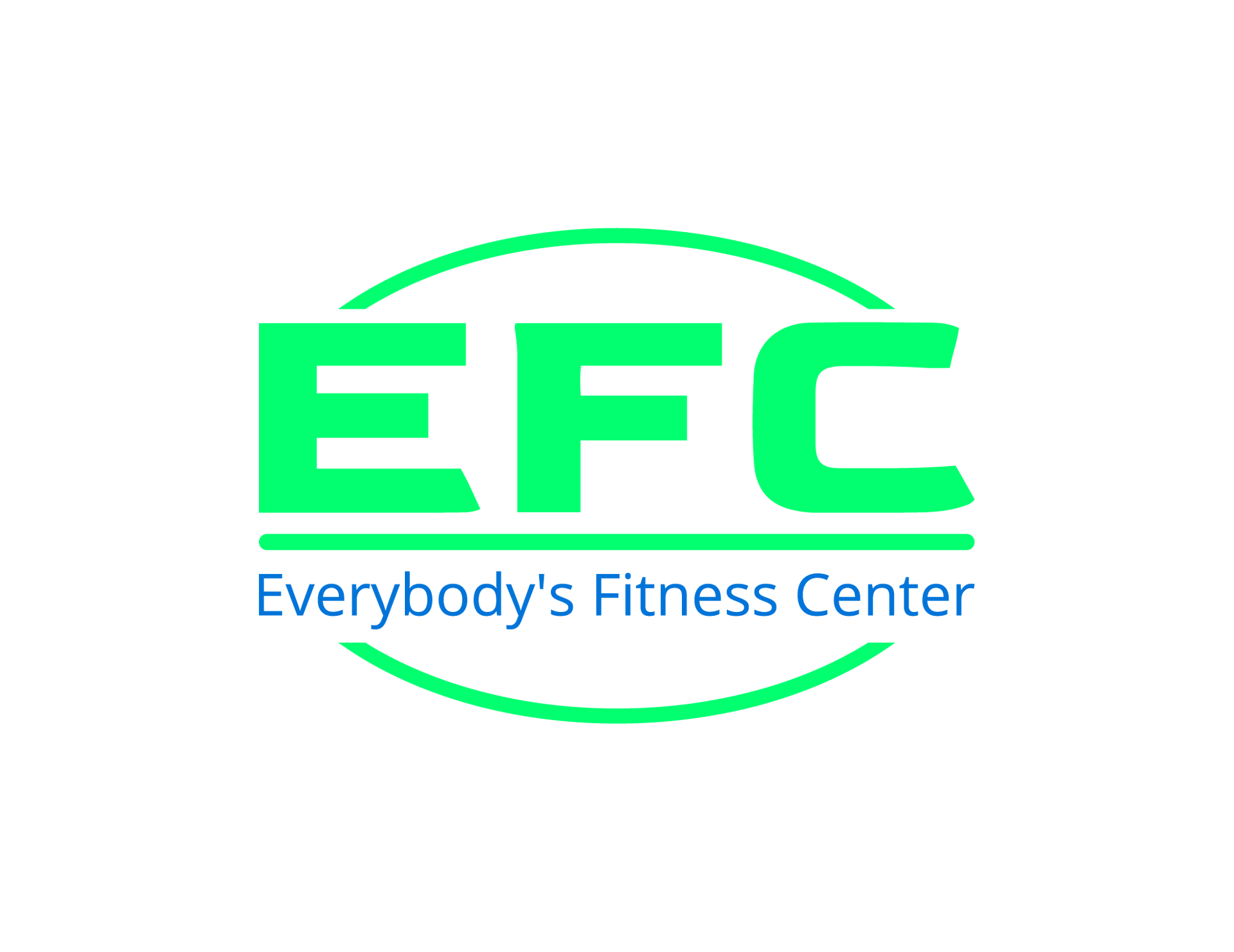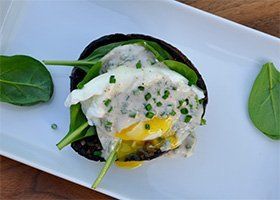Low-Carb Eggs Benedict
Jason Cook • October 1, 2016
|
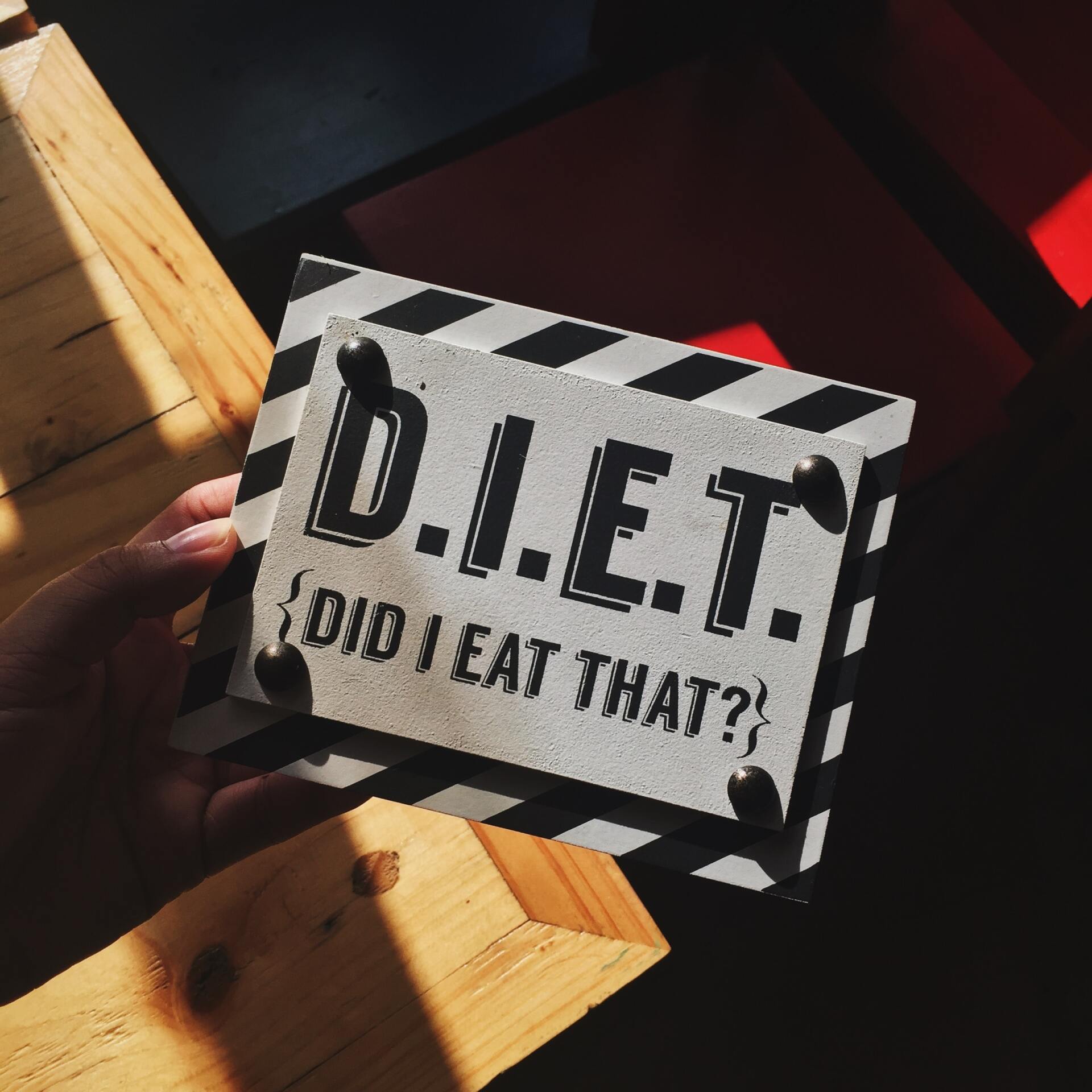
Remember that time you started a diet and everything was going great? You were eating all the right things, working out hard, and seeing results. And then... you hit a wall. Suddenly, your progress came to a halt, and no matter what you tried, you couldn't seem to break through. It's easy to blame yourself in those situations, but there are actually a few things you should consider before starting your next diet. In this blog post, we'll explore some of those important factors, so without further ado, let’s dive straight in! #1 The Deficit We’ve heard it many times - Someone goes on a diet only to have 12 weeks of torture and little to no results. What comes after that is usually the phrase, “Man, I busted my butt on this diet for three months straight and only lost 2 lbs. It even turns out this was just water!” And well, when we talk about diets, it’s not just about how consistent you are, but about the underlying, fundamental principles of a weight loss diet. If you want to lose weight, the first and most important thing is creating a caloric deficit. That is, consuming fewer calories than your body needs to maintain its weight. If you don’t have that checked, it doesn’t matter if you do fasting, keto, vegan, or carnivore - You won’t lose weight. #2 Sustainability Now, certainly, though losing weight means ‘looking better’ for us, the body thinks differently. For the body, weight loss equals starvation, and therefore, it will do everything in its power to get back to normal. You’ll feel lethargic. You won’t have energy. You’ll have cravings. You might even be hungry all the time. However, you have to find a sustainable way of dieting that minimizes all of those and allows you to still have energy for all your activities and errands while not thinking about food all the time. The first thing towards achieving this is to establish a moderate caloric deficit of up to 500 calories per day. This will ensure that you are still getting enough energy to provide your body with everything it needs to maintain healthy functioning and regulate cravings. The second thing is… #3 Protein & Fats! The persistent hunger and rush of cravings is something many of us experience, even out of a diet. But on a diet, it is even more prominent, meaning that one of the best ways to make a diet sustainable is to find a way to regulate appetite and cravings. In other words, your goal is to be constantly satiated to the best extent possible, so the body won’t look for more food. How can you do that? Well, by consuming sufficient, quality protein & fats! Protein and fats are the two most satiating macronutrients we get from foods. However, there is one underdog food that has the HIGHEST satiety index amongst all foods - Potatoes! So hey, next time you decide to start losing weight, have a steak & potatoes for breakfast and see how long that will keep you satiated! #4 Don’t Forget Carbs Nowadays, carbohydrates are often demonized because misinformation has led people to believe that carbohydrates are the primary reason for weight gain. And while that isn’t really true, there is the fact that carbs are also the PERFECT source for training activity. Not only that, carbohydrates are the preferred energy source for the brain, as well. #5 Do Resistance Training With the above said in mind, one should also consider resistance training while losing weight (fueled with carbs;) Why? Because when losing weight, we lose not just fat but also muscle mass, which may ultimately lead to a skinny-fat rather than an aesthetically sculpted physique. So first off, resistance training will allow you to retain your muscle mass, and second of all, it will give you a major boost towards the ultimate goal of weight loss - Looking better. Not to mention the benefits resistance training has for your mind and overall performance… Final Thoughts So there you have it - If you’re starting a diet, you have to make sure that you are in a sustainable caloric deficit that still provides you with all the energy you need daily! Remember, if a certain diet plan feels like torture, it’s time to change things up. You MUST be able to adhere to your plan and stick to it in the long term because this is what brings the best results! Photo by: Unspash
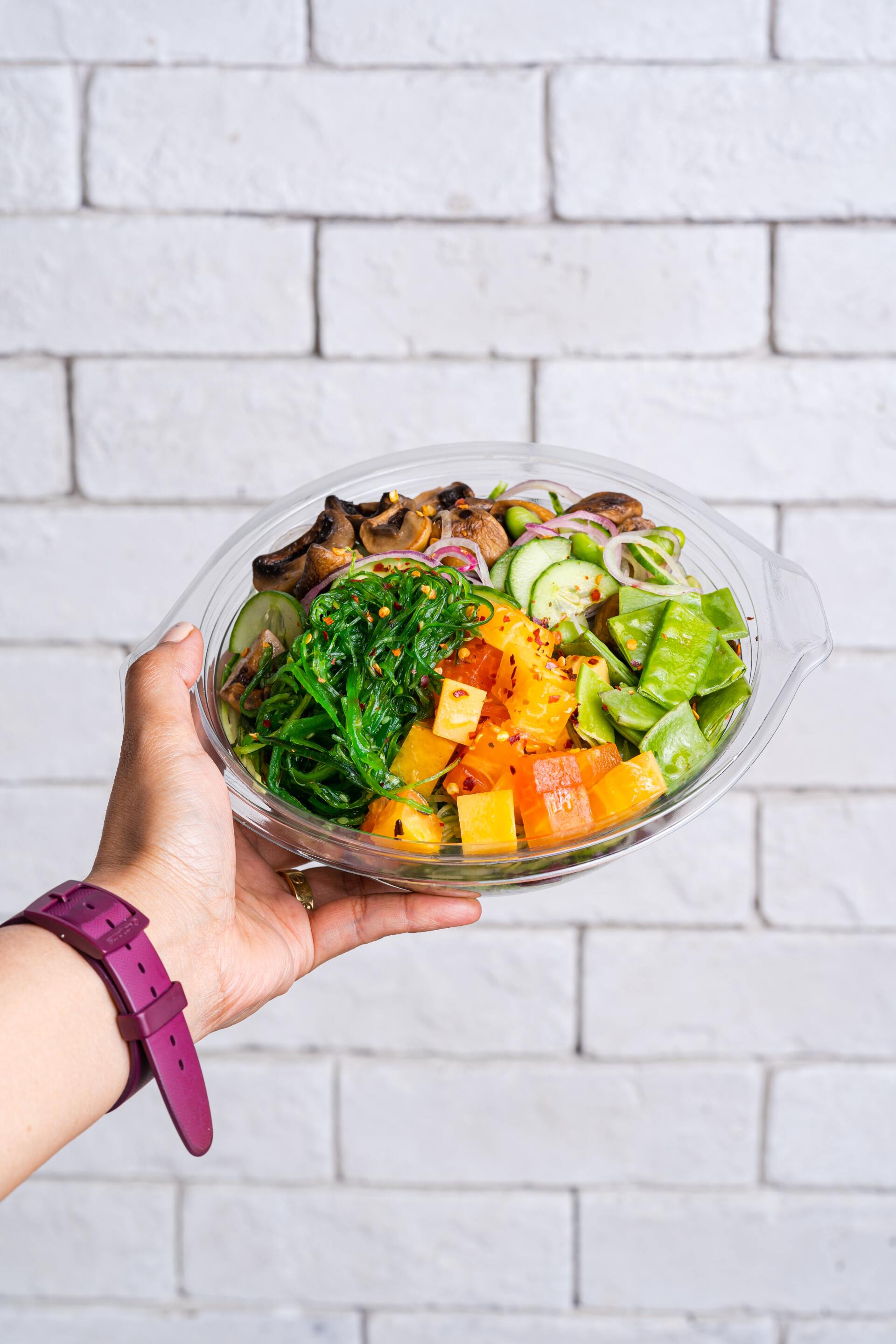
The Actual Definition Of Healthy Eating Patterns Eating healthily is one of those concepts that seem to have a clear definition, but in reality is quite complex. What one person considers healthy eating may not be the same as what another person considers healthy. So, what does "healthy eating" mean? Is it possible to come up with a single definition that everyone can agree on? Probably not, but we can take a look at some of the common components of healthy diets and see if there is anything we can all agree on. The Human Needs When thinking about a ‘healthy nutrition plan,’ it is important to give some context in the first place. Think of your nutrition plan/habits as the thing that gives your body everything needed to sustain its weight and healthy functioning. Healthy nutrition is supposed to help you: Feel good Perform well (physically/mentally) Be in a good shape Stay healthy! From that perspective, we can say that ultimately, a good nutrition plan is like quality fuel for a car - It helps you keep performing at your best. Certainly, the human body is much more complex than a car, but there is one basic fact we can all follow. That is the fact that every human body requires a certain daily amount of energy to maintain its body weight and sustain the healthy functioning of internal processes! This daily amount of energy comes from food sources (duh) and is measured in calories. It is commonly known as the “Total daily energy expenditure (TDEE)” and depends on various individual factors. Those factors are mainly: Gender Age Height Weight Non-training activity Training activity Food consumption This brings us to the first conclusion on the topic - One of the main components of a healthy diet is the AMOUNT of food it consists of! Oh, and we have to mention that each of the factors above has a complicated formula you can use to calculate your TDEE, but luckily, all those formulas are now packed into easy-to-use calculators that can give a highly accurate number. Our favorite calculator can be found by clicking HERE . The Macronutrients Alright, so you just learned that the amount of food you consume is detrimental to how well your body functions and recovers. However, contrary to popular belief, healthy nutrition isn’t all about the number of calories, but also the CONTENT of those calories. The caloric content of our ‘diets’ is built-up of what we refer to as “macronutrients”. There are three main macronutrients that contribute to caloric content, and those are: Protein (4 calories per gram) Fats (9 calories per gram) Carbohydrates (4 calories per gram) Each of the macronutrients has a different function in the body, but a rule of thumb is to remember that the essential macronutrients are the first two - Protein and fats. Think of the word ‘essential’ as “the body needs it for optimal functioning, but can’t produce it on its own.” Protein and fats are essential for a variety of processes, including, but not limited to: Recovery Maintenance of lean body mass Body temperature regulation Hormonal regulation Growth and maintenance This is why it is of prime importance to focus on deriving these 2 in sufficient amounts daily. Generally speaking, your daily protein should range from 0.8 to 1g per lb. of body weight, while fats should be set at about 0.35-0.45g per lb. What About Carbs? Okay, so if protein and fats are essential and carbs are not… Does that mean you should avoid them? Well, totally not, actually! Though non-essential, carbohydrates are the preferred energy source for the brain AND on top of that, are the best source of energy for high-intensity training activities. This means that if you are an active trainee, you can feel free to fuel your workouts with quality carbohydrates after securing your protein and fat intake! The Micronutrients The human body is a complex machine that requires not only sufficient calories but also an array of vitamins and minerals to function properly. A deficiency in any one of these essential nutrients can lead to a host of health problems. That’s why it’s important for everyone to make sure they are getting enough vitamins and minerals in their diet. You can do this by eating a variety of healthy foods, including fruits and vegetables. However, if you are not a fan of plant products, you should consider multivitamin supplements to fill in any gaps! Food Quality Checkpoint #2 - Cha-ching! So far, we’ve learned that the amount of food & the macronutrient content are the two primary components of a healthy eating plan. However, that’s not all there is to it. The third most important factor is the quality of the food that shapes up that caloric intake! When choosing your food products, you should consider the fact that the mass-production of certain foods leads to significantly worse quality. For instance, the animals grown during the mass-production of animal products are fed unnaturally. By unnaturally, we mean foods like corn and soy, which generally have a poor nutrient profile, which impacts the quality and nutrient profile of the meat and organs, as an end result. That being said, when building up your nutrition plan and choosing the products, focus on purchasing products from local farmers and small businesses rather than grocery stores! Final Thoughts With so many different definitions of "healthy eating," it's easy to see how the confusion arises. However, the basic principles of a healthy diet remain the same, regardless of who you are and what goals you have with your nutrition. Those are: The total amount of food Total macronutrient µonutrient content Quality of food products Focus on those, remain active, and your body will be thankful! Comment below and tell us your definition of a healthy diet! Photo by: Unsplash
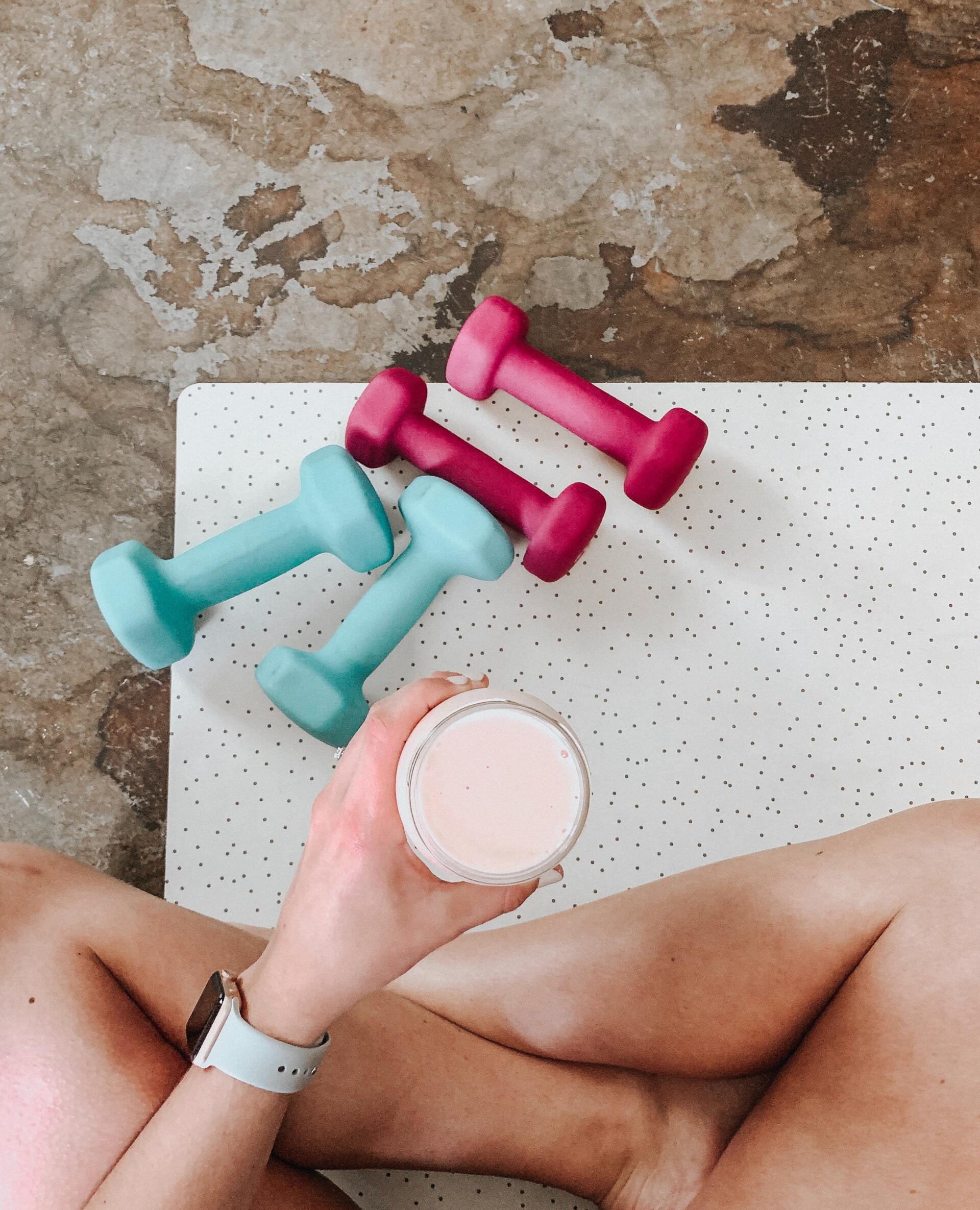
The Misinformation We’re Constantly Exposed To Fitness is an ever-growing industry with so many myths and misconceptions. Pair that with the internet, where millions of bits of information are uploaded every second, and you got yourself a nice ocean of misinformation, where you can’t tell what’s really true. And because it can be difficult to tell fact from fiction, we at ______ decided it was time to set the record straight! After doing some research, we've compiled a list of five common fitness misconceptions that you may have heard before. Let’s have a look! #1 Fad Diets Work Like Magic A diet is a plan for day-to-day nutrition, and each person has their own unique needs. A fad diet claims to work for everyone because it restricts specific food groups or encourages only one type of food with the premise that it is somewhat superior to other types of nutritional approaches. However, most people cannot stick with these diets long enough to see any real benefits because… Most fad diets are NOT sustainable! The truth is that no single type of diet is superior to others when calories ¯ronutrients are equated! Though keto, vegan, carnivore, or paleo don’t work like magic, they might turn out to be more sustainable for certain individuals, and THAT is the most important thing. When structuring a nutrition plan, consider your individual needs, caloric intake, macronutrients and ask yourself the most important question - “Can I stick to this in the long term?” If the answer is yes, shoot! #2 Fat Spot-Reduction Contrary to popular belief, fat spot reduction isn’t really possible, though it has been supported by the idea that if you exercise a certain muscle group, the body will use the fat around that area because it’s closest to where energy is needed. Well, that was a lie. The truth is that when in a caloric deficit, the lipolytic hormones (hormones that help burn fat for energy) allow you to burn more fat than you store. However, these hormones circulate with the blood, which circulates through the entire body, making spot-reduction impossible. Key message - The areas that hold the most fat, will lose it last! Eat in a caloric deficit, train with weights, and stay consistent. This is how you lose stubborn body fat. #3 Women Shouldn’t Lift For decades, women have been told that they should avoid weightlifting because it will make them "manly." But this myth has little to no scientific basis. In fact, women who lift weights are less likely to be overweight or obese than their female peers who don't work out at all. This is because training with weights helps you build lean muscle, which burns more calories even when resting. Plus, lifting weights can improve your mood by decreasing anxiety and depression—something many women struggle with today. So the next time someone tells you that you'll get "big and bulky" if you lift weights, tell them that it's simply not true and has more benefits than downsides! (Actually, no downsides if done right!) P.S it will also make you look better naked, regardless of gender, so hey, what’s to lose here? #4 Carbs Are Inherently Bad One of the most persistent myths about food is that carbohydrates are bad. The problem with this myth is that it's based on an outdated understanding of how we should eat. Carbohydrates have only been demonized in recent decades as a result of low-carb diets and fad weight-loss plans. But carbs aren't evil: they're just misunderstood, and when you know what to look for, it's easy to find healthy ones. It’s true that some carbs don't offer much nutritional value, and some even have pretty imbalanced nutrient profiles. But others are pretty friendly and worth including in your diet! Remember, the primary function of carbs is to provide energy! And in fact, when it comes to intense training performance, there isn't a better energy source than carbs. Here are our most favorite sources of carbs: Sweet potatoes Normal potatoes Fruits Honey Take-Home Message In a world where we have an ever-expanding database of unchecked information (the internet), it is easy to fall for fallacies that sound legitimate. However, one must always remember to stick to the basic principles of training and nutrition and avoid anything that sounds “groundbreaking,” because quite frankly - We won’t reinvent biology and it will always function as it does! Eat well. Sleep well. Move well. Avoid toxic habits. Photo by: Unsplash
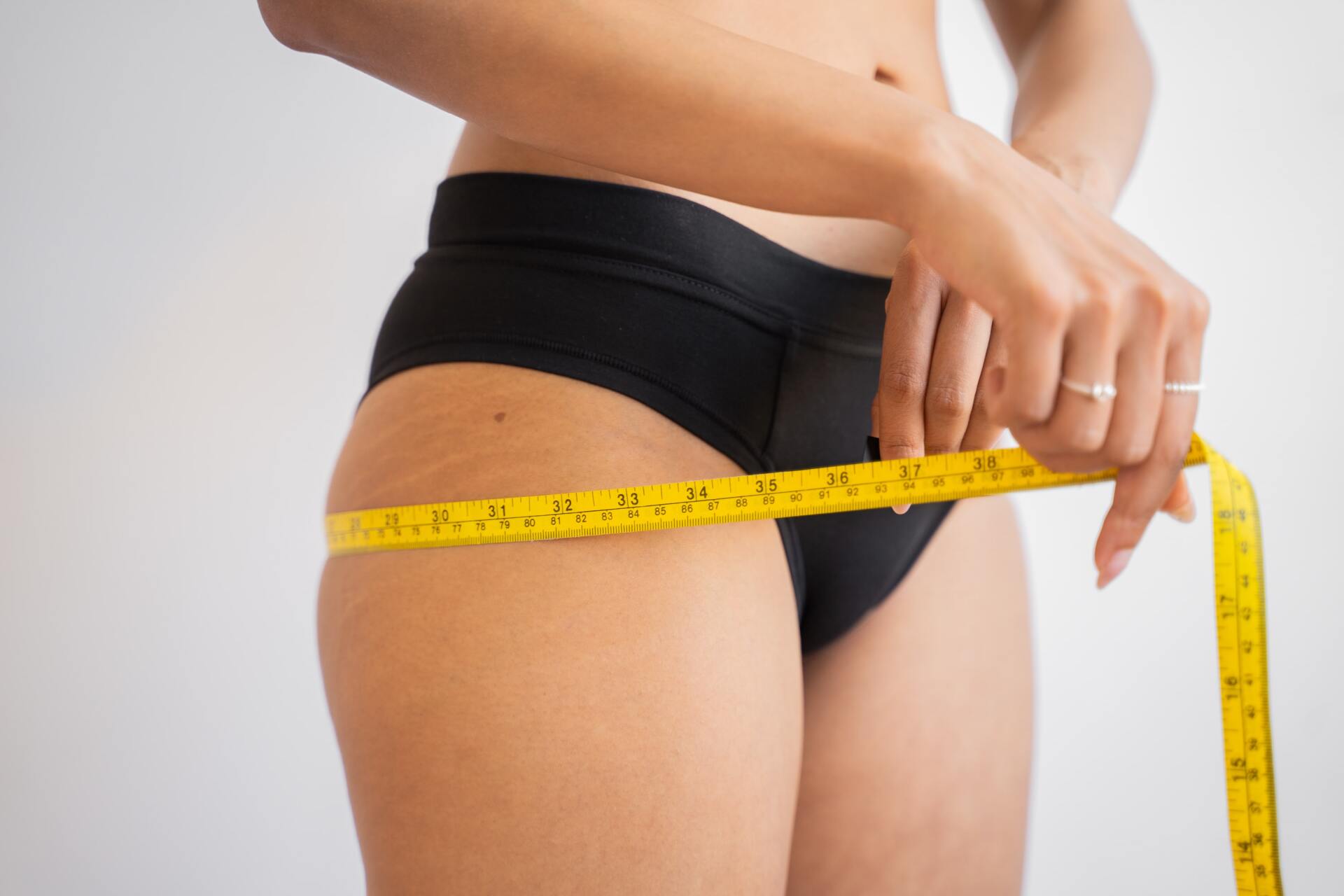
The Most Important Things For Sustained Weight Loss #1 A Moderate Caloric Deficit A caloric deficit is the first and most important requirement for any fat loss diet to work - It implies consuming fewer calories than your body needs to maintain its body weight. (Find that number by clicking HERE .) And though a caloric deficit means looking and feeling better in your own skin, for the body it means ‘controlled starvation.’ Through this starvation, the body tries to adapt by lowering our energy output as a response to the deficit of energy. This is why a caloric deficit must be moderate - This will allow you to still have energy for any daily mental and physical activities, as well as healthy functioning of all internal systems. Furthermore, a moderate caloric deficit will allow you to retain your lean body mass (all tissues in the body except fat), which you inevitably lose during a period of time eating in a caloric deficit. Set your daily caloric deficit at around 400-500 calories lower than your maintenance needs, or aim to lose around 1-2 lbs per week. #2 Eat Plenty Of Protein & Fats! Alright, a few paragraphs ago, we said that carb consumption isn’t the primary cause for weight loss. Now you may be thinking, “Does that mean I can eat cakes and still lose fat?”. And the answer is - Yes, absolutely! As long as you’re in a deficit, you will lose weight, regardless of the content of food. HOWEVER, the content of your foods will determine how your body composition changes, which is why the majority of your calories should come from quality food sources. As we mentioned above, you will inevitably lose lean body mass during the process of weight loss. But that can be minimized with the help of protein & fats (and weight training, which we’ll talk about in a bit). As you may or may not know, dietary protein & fats are the two essential nutrients that our bodies need but can’t produce on their own. This is why deriving them from quality food sources during a period of fat loss is essential for you to feel, look and perform better! Set your daily protein at 0.8-1g per lb of body weight and your fats at 0.35-0.45g per lb of bodyweight! #3 Don’t Forget Carbs! Yes, carbs aren’t really your worst enemy on a weight loss diet plan! Even more so, they can actually BENEFIT your weight loss and lean body mass retention. How and why? Well, it’s quite simple - Carbohydrates are the BEST source of energy for high-intensity training! Better performance means a greater energy output and better stimulus for the muscles. This makes it far easier for you to get in a deficit and furthermore, gives a reason for your body to retain the muscle mass. After calculating your proteins and fats, give the rest of the calories to carbohydrates from quality sources, such as sweet potatoes, normal potatoes, starchy veggies, fruits, and honey! #4 Train, Train Hard! If you want to sculpt your body like a Greek sculpture during a period of fat loss, there is nothing better than combining the above-mentioned things with some hard-ass weight training. Not only will intense training give your body a reason to retain the muscle mass, but it will also produce a myriad of benefits for your health… And make you look sexier naked. Even more so, if you are a beginner or someone who has a lot of weight to lose, you might even gain some muscle WHILE losing fat. Gaining muscle while losing fat is called body re-compositioning and is generally impossible for people with long training experience. However, it can be done because re-compositioning is something reserved for beginners, people getting back to training after a lay-off, or individuals who are obese/overweight. After The Diet Ends… Alright, it’s been five months of vigorous dieting and training - You’re finally at your desired weight. Hooray! What now? Can you ditch it all and go back to your old habits? Well… It’s not recommended, really! That’s how the yo-yo effect kicks in. You must realize that weight loss is the result of new, properly established habits. The best you can do to keep the fat off afterward is simply maintain those habits. Here are 5 must-dos after a successful weight loss phase: Gradually increase food Gradually increase training Keep making good nutritional choices Stay active Accept your new look & life! Conclusion The yo-yo effect of dieting is a common problem that people face. There are many ways to avoid this, but it's important not to go on an extreme diet and starve your body of the nutrients it needs. Instead, try eating healthy foods in a caloric deficit and include plenty of training! You can also look into how you live day to day - do you have time for yourself? Do you work too much or sleep enough? These things all contribute towards weight loss, and how you feel, so be sure to think about them before going on a restrictive diet plan again! Stay active and eat well without starving yourself! Find what’s sustainable. Do you have any more questions? Feel free to ask by contacting us over at ______ Photo by: Unsplash
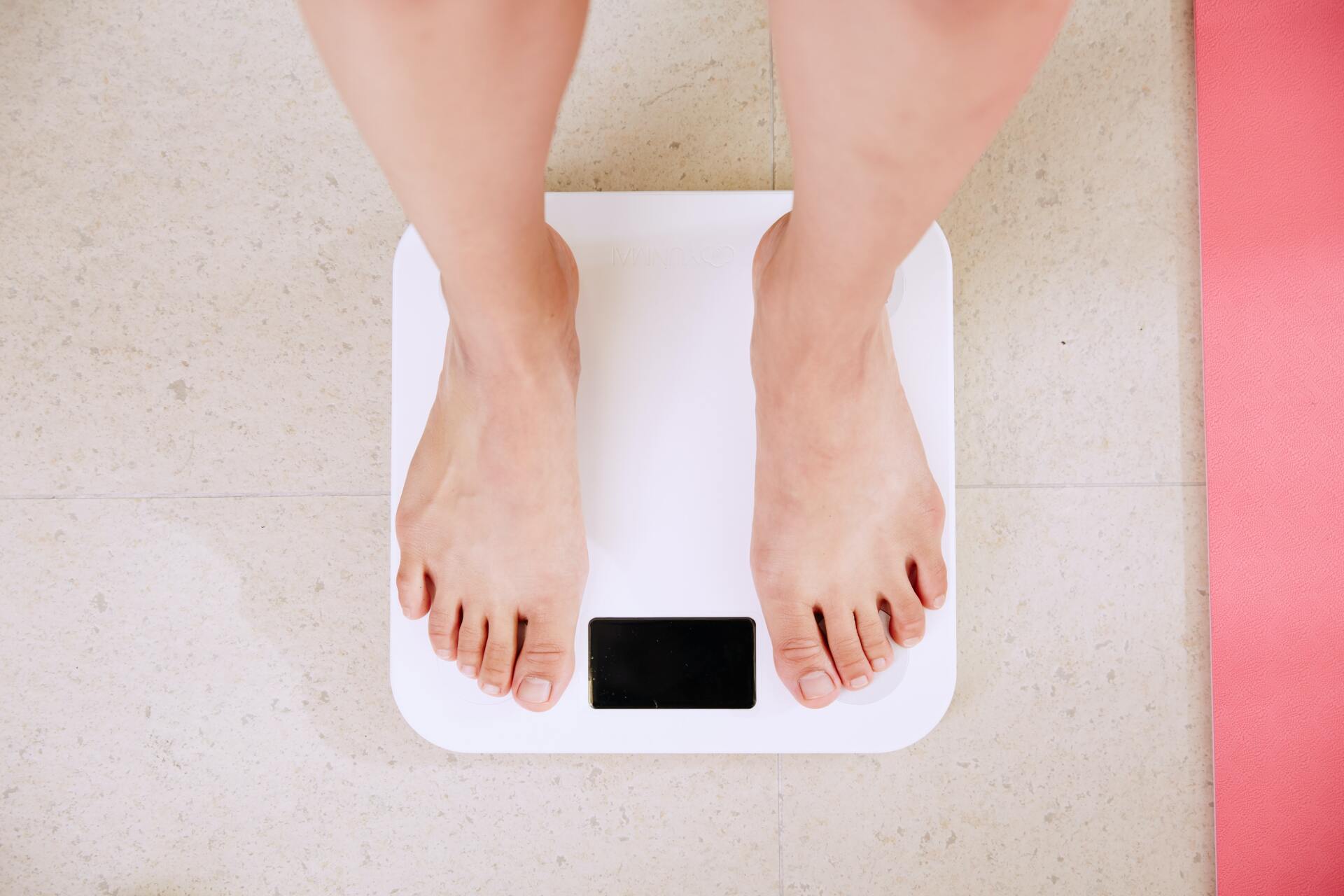
Carbs Are NOT To Blame For Fat Gain We’ve all been there. We vow to start our diet on Monday, and by Wednesday, we’ve already cheated. And okay, maybe next Monday we hop back on it, and through some months of torture, we finally achieve our desired weight… Only to regain 110% of it back in twice as little time as it took us to lose it in the first place. But why is it so hard to stick to our diets? And why do most people manage to lose fat but NEVER seem actually to be able to keep it off? And what can we do to break this vicious cycle? The secret is in the details… Keep reading for tips on how to overcome the yo-yo effect of dieting! What Is The Yo-Yo Effect? As we mentioned above, most people go through torturous phases to lose a solid amount of weight. Sooner or later, however, those same people regain all their weight back and some more. This is referred to as the “Yo-Yo effect” because, well, it’s like a Yo-Yo - You go down by a lot, suddenly, and then you come back up! Why does this happen? Let’s find out by reverse-engineering the process of fat loss. Why Do We Gain Fat? Before you go on to hop on a weight loss diet, it is a good idea to understand why you gained fat in the first place. Contrary to popular belief, the reasons why people gain fat ARE NOT that: Too many carbs Too many sweets Because of hormones, that’s why Rather, the most common reason for fat gain is one and the same - People consume way more calories from food than their bodies need to maintain their weight and healthy functioning! Because the body is a smart mechanism, it won’t allow any unused energy to be wasted - It will just be stored for later. And that “storage for later” is… Drum rolls, ka-ching, ka-chang… FAT! That’s right - The MAIN function of fat is to serve as an alternative energy source. The Body Hates Drastic Changes Alright, if fat is just an energy source, does that mean that simply using it will allow us to ‘burn’ it off? That is absolutely right. The only way to lose fat is to use it! And there is a precise, step-by-step system on how to do that, which we’ll talk about in part 2 of this article series. Before that, however, there is one main consideration, which we want to emphasize on in this first part of this series… The body hates drastic changes, especially when it comes to nutrition! Any drastic change impacts the body negatively because it requires too sudden of an adaptation. This includes, but is not limited to changes like: Suddenly reducing food to lose fat Suddenly stopping alcohol Suddenly stopping cigarettes Think of any new habits, diets, and training regimens as the creation of a new environment for your body to thrive in. The introduction to the new environment must be gradual so that the body can get familiar with it and transition smoothly. Besides that, there are many other little things to factor in, which is exactly what we’ll touch on in part two of this article series. Read Next… With all of the above-said in mind, we can conclude that successful and sustained fat loss must be done with the gradual introduction of new, better habits, rather than flash-dieting! In part 2 of this article series, we’ll go over the four most important considerations that’ll help you do just that! Photo by: Unsplash
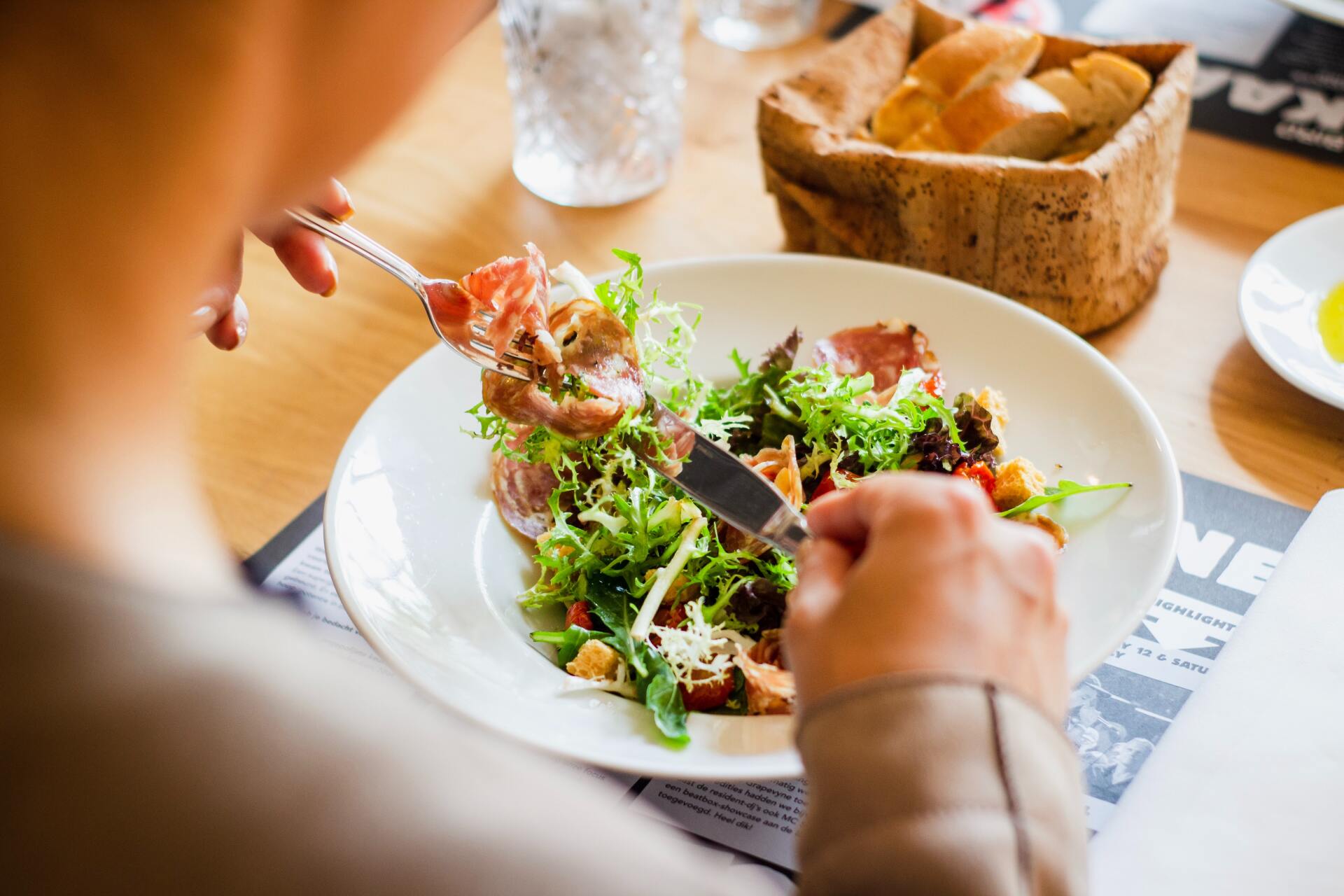
In the fitness world, different types of nutrition plans have gained traction over the years, being dubbed good for a variety of goals. For instance, the ketogenic diet has been popularly used for weight loss, while the vegan diet has been promoted due to the claimed health benefits from excluding animal products. There are many popular diets out there, but in this article, we'll compare the 3 most popular ones - The Ketogenic, Vegan, and finally, The Carnivore diet. If you're just getting to learn more about healthy nutrition and are wondering which option is the best, keep reading! What Makes A Good Nutrition Plan? Unfortunately, many of the self-proclaimed "gurus" that market these diets, claim that such an approach to nutrition may have supreme benefits over other types of diet. However, the truth is that the exclusion of a certain nutrient, or focusing on a specific food group won't really hack your way to progress... Nevertheless, that doesn't mean that these diets can't be beneficial. The MOST IMPORTANT factor of an effective nutrition plan is its sustainability, or, in other words, how well you can adhere to it - When on a diet, think in terms of “Can I stick to this in the long term or does it rather feel like torture?” If you're eating keto but can't really tolerate it, why do it in the first place? Now let's have a look at all 3 nutrition approaches and discuss their pros and cons The Carnivore Diet This first nutrition approach is one of the recently viral ones, and there is a reason for that. The proponents of the carnivore diet believe that humans evolved to this extent with the help of nutrient-dense animal food sources, as we lived in hunter-gatherer societies for a long time. These are the foods that increased satiety and provided essential nutrients that allowed the complex development of the human species. As the name suggests, animal products like meat and organs are at the core of this nutrition plan. Though similar to the ketogenic diet due to its high protein and fat content, the carnivore diet differs because it also allows for the consumption of quality carb sources like fruits and root crops. Pros: Highly satiating, abundant in essential nutrients Cons: Quality meat is expensive, you can't consume grains and vegetables The Ketogenic Diet Similar to the carnivore diet, the ketogenic diet implies a heavy focus on fat and protein, as the main sources of calories. The term 'ketogenic' comes from the metabolic state of 'ketosis', during which the body uses fat as its main energy source. (the liver transforms fat in ketone bodies that are released in the bloodstream and used for energy) This diet has gained a lot of positive feedback from people on weight-loss regimens, or individuals who try to normalize their blood sugar levels. However, one of its biggest disadvantages is that it excludes carbs and thus, athletic performance may suffer. Pros: Highly satiating, plenty of quality protein and fats Cons: Almost completely excludes carbs (worse athletic performance), doesn't allow sweets, is not so flexible, may be hard and expensive to stick to The Vegan Diet Opposite to the carnivore diet that puts animal products at the core of nutrition, the vegan diet completely excludes those! This approach to nutrition entails a complete focus and devotion to plant foods. And though there are no additional benefits to that, as opposed to other diets (when calories are equated), the vegan diet may turn out to be more sustainable for some individuals, especially ones who don't tolerate animal foods well. Pros: May ease digestion and improve intolerances while granting sufficient nutrients for healthy functioning Cons: Can be hard to find quality vegan foods, excludes the most nutritious foods (animal products), food volume is usually big, which can result in bloats Which One Should You Pick? Alright, before you rush into purchasing a stack of avocados and asparagus, ask yourself these questions: ● Do I like the foods this diet requires? ● Can I stick to this? ● Will I feel miserable following this nutrition plan? ● Is this sustainable in the long term? ● Will this provide enough energy for my daily mental and physical activities? Remember, don't fall for someone's marketing tricks - Do your own research, experiment and find out the nutrition approach that is most sustainable for YOU! Photo By: Unsplash
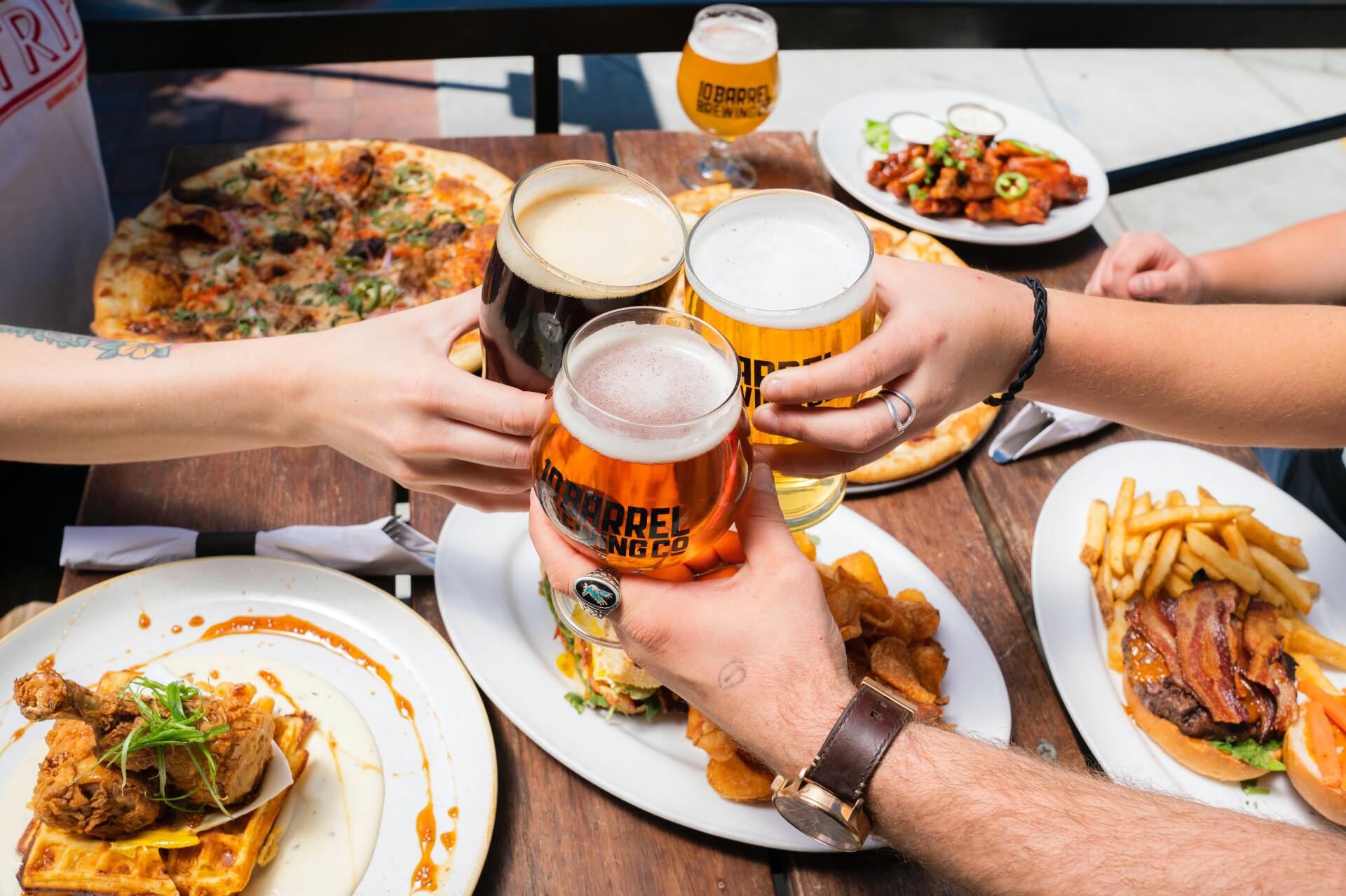
The holiday season is a time of joy and celebration. There are holiday parties, holiday dinners with family and overall, it's holiday treats galore! It's practically inevitable that you will gain some weight during the holiday season - especially if you're not careful! In this blog post, we'll discuss how to avoid weight gain during the holidays so that your hard-earned progress doesn't go down the drain! How Do You Gain Weight, Actually? Alright, if we try and get down to the core of it all with fundamental analysis, we can conclude that there is a specific reason why you gain weight... Okay, okay maybe that was a too complex way to say "overeating causes weight gain" ... But the point is this - If you manage the amount of food, you can eat any food type you want. So essentially, if you consistently go way above your daily needs for maintenance, you will gain weight. And though that happens, one must remember that just a small percentage of the weight gained during the holidays is fat. You also gain: ● Muscle and liver glycogen (stored carbs) ● Water ● Food weight So here’s for a mental checkpoint - Don’t stress out for a couple of pounds gained. Focus on long-term habits! Let Your Soul Loose There is a tendency for people to fall so seriously into diets and nutrition plans that their entire perspective on food is warped. This is exactly when one may be worried about overeating for a couple of days during the holiday. However, if you give your soul some more food than what your body needs and you are mentally okay with that and don't feel guilt, you can, in fact... Leverage The Binge! Yes, that's right - Binging on food doesn't necessarily have to mean gaining a bunch of unhealthy weight. Think of the binge as an abundance of energy, which can be used for physical activities that will stimulate the body in a good way. In short - Stay active and train intensely during the holidays, when your food intake is higher. Here Are 5 More Tips To Control Binging If you have a really big problem with self-control, holiday binging can truly get out of hand... And though that is true, there are ways to manage your cravings! Check out these tips below ● Eat sequentially The human stomach was made to digest almost anything and everything, but nevertheless, the different nutrients get chemically digested in different parts of the digestive system. For this reason, eating your nutrients sequentially in each meal may improve the feeling of satiety, as well as overall digestion and gut health. Simply - Whatever holiday food you are eating, eat first the carbs and veggies and then move on to protein and fat sources. If the foods on the table mix all nutrients together, however, fear not! Just chew the food longer, as that will ease the work of your stomach. ● Eat plenty of protein and fats If you want to avoid overeating, you NEED to be satiated and not think about food. And well, that is only possible through quality proteins and fats, mainly from animal sources. However, though animal sources do provide proteins and fats that are satiating... the most satiating food you can eat is... ● Potatoes! Yes, you heard it here first - If the holiday dinner table has potatoes to offer, don't be afraid to combine them with anything else you have on your plate. In doing so, you will increase satiety and make it far less likely to overeat and gain excess weight as an end result. To Wrap It Up Managing your holiday eating habits doesn't have to be difficult, nor do you have to gain excess weight. Stay active, stay mindful, and if you happen to eat more food - Use that energy! Photo by: Unsplashed
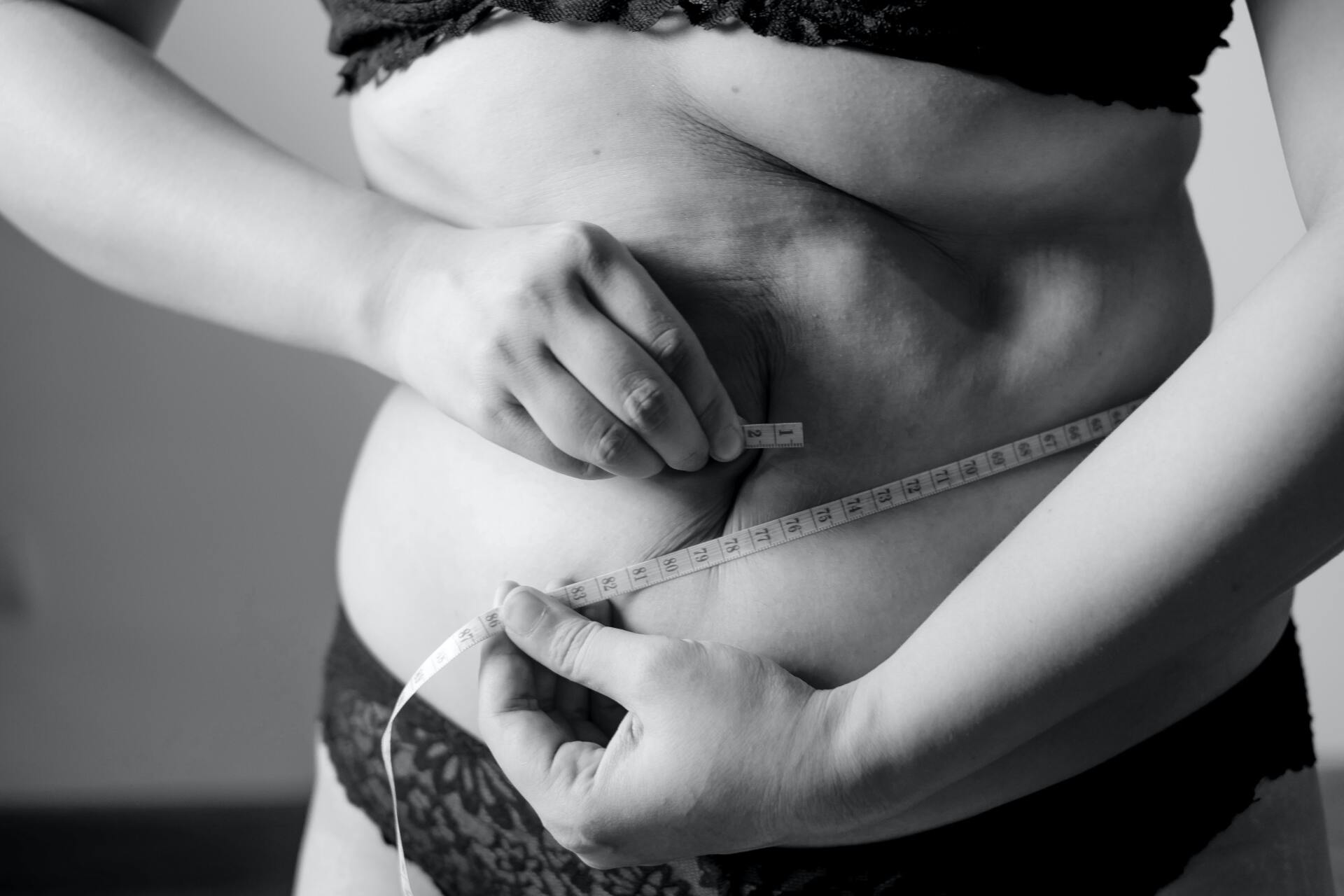
Let’s imagine this hypothetical scenario. You’ve just started a diet, but after two weeks, you no longer see any results… You have even started going to the gym. You’ve started wondering what it might be that you are doing wrong. You’ve been limiting yourself from certain foods and want to see some progress. Now you feel desperate and want to quit. Before that, you want to make a final check on the internet and find an answer to your “failure.” Lucky you, we might have it for you. Let’s take a look at some of the most common mistakes that you might be making that prevent you from losing weight: Overeating The most common reason for the scale to stay at the same place or even go up might be that you are overeating. “But I’ve been on a diet the last two weeks; that’s impossible.” This is a common trap that new beginners fall for. Even though you started eating “healthier,” it doesn’t mean that you will lose weight. The primary condition to lose weight is for you to be in a calorie deficit. What this means is that you have to burn MORE calories than you consume. Sure, you may have started making healthier food choices, but are you sure you are eating the right amount? If the answer is no, you might be consuming more calories than you burn, which means you are NOT GOING TO LOSE WEIGHT. Drinking too much Alcohol Alcohol is not only famous for its delicate taste and scent. Alcohol actually has hidden calories… Which are quite a lot, and EMPTY! You’ve read that right. One gram of ethanol has seven calories. Now, if you do the equation, if you drink two beers for the night, that’s around 450 calories extra for the day. 450 calories, out of which ZERO go towards constructive processes like the calories you get from other foods. Need we say more? High Stress Being overburdened by work, chores, meeting deadlines has a price. When your cortisol levels rise, you might experience difficulties in doing specific tasks such as focusing. What do you think happens with your body when it’s being put into an enormous amount of stress? Even if you are training and following a proper diet, your performance will suffer if you have a high amount of stress. You won’t lose any weight, and you may experience other problems such as headaches, tiredness, lack of concentration, muscle cramps. Most importantly, high levels of stress may lead to emotional eating which gets you even further from your weight loss goals. Fix your mind before you take care of your body! Decreased Physical Activity Not enough physical activity can slow down the process of losing weight. In fact, it might even stop the whole process. Even if you are already hitting the gym a couple of times a week, your physical activity might still not be sufficient for your goals. If you are the type of person that goes by car to the office, then to the gym, and comes back home, then guess what, you lack physical activity! When was the last time you checked how many steps have you made during the day? If you are not even close to 8-10k, then you have something to work on! Some valuable tips for making more steps: ● Park as far from the supermarket as possible ● Use the stairs instead of the elevator ● Take a quick 10-minute walk after a meal ● Walk to the office if possible ● Implement some cardio in your program Not Giving Your Program Enough Time Sometimes, getting obsessed with the scale might have the opposite effect. It’s an excellent thing to scale yourself every day; however, some people feel bad if they see the scale has gone up. Most of the time, that’s water retention. So, for example, that can happen if you’ve consumed more salt or carbs on the previous day. However, after seeing that, you may panic, and the chance you start binging on food because “everything is lost” is high. Give yourself enough time and strictly follow the plan that your coach has created for you. You will only see the benefit if you are dedicated enough. Don’t give up that easily, and don’t let a scale scare you from achieving your goals. Takeaway message The most important factor for losing weight is for you to be in a calories deficit. Being put under pressure raises our stress levels, which may slow down the process of losing weight. Being physically active is vital for maintaining overall health and losing weight. Be patient, find something sustainable that feels seamless, and the results won’t be late! Don’t create mental resistance on your way to a better body composition. Photo by: Unsplash

Is There a Way to Stay Fit While Travelling? When traveling, you want to embrace everything around you - new places, new customs, new people, new smells, but also new foods and delicious treats. Nobody wants to keep counting calories when staying in a top hotel with more than delicious meals and restrain himself from trying national food specialties. It is why many people often come back from a trip with at least three or four pounds. But, luckily, there are some tips on how to stay fit while traveling. Get ready and take notes for your next trip! Tip #1 Invest in Some Good Travel Exercise Equipment If you exercise regularly, there is no need why you shouldn't keep up with your workout schedule. But, instead of having a complete workout, spend 15 minutes to complete one series of exercises each day. Let's say the first day is leg day, you can do push-ups the second day, and so on. If you have compact travel equipment with you, there are higher chances that you'll do at least one exercise if you see the equipment in your suitcase. You'll be sorry to skip the workout because your fitness equipment has traveled so far! Tip #2 Do Sightseeing on Foot Walking on your vacation is an excellent way to engage in physical activity, which won't require you to change your sightseeing plans. Instead of taking a cab, or going by bus, walk to your next tourist spot. It will help you burn calories from lunch, and you'll discover more interesting places along the way. Tip #3 Do Hiking Explore the surroundings of the place where you are traveling for some interesting hiking locations. Hiking will reveal beautiful nature and provide you an exceptional and memorable experience. Hiking is fun and doesn't seem like exercise because the beautiful landscapes will distract you, so you'll forget about burning sensations in your muscles. You can choose the distance and terrain that matches your fitness condition. Tip #4 Do a Morning HIIT Workout HIIT workouts are designed to get you the most of your workout in the shortest time. It will include quick, but effective exercises, such as burpees, push-ups, high knees, crunches, scissor leg lifts, etc. In only ten minutes, you can complete one HIIT workout before breakfast. You can find free HIIT workout videos on YouTube, so you don't have to pay for a fitness app subscription for only several days of vacation. Tip #5 Do Watersports If you are on a holiday that includes the beach, don't just indulge in sweet cocktails and tanning. Take a morning swim or jog on the beach. Water and sand will provide resistance, so you'll get a more intense workout you can complete in a shorter time. Tip #6 Plan and Balance Your Meals Research the national cuisine of the place you are visiting. Find what some good restaurants are and check their menus online. That way, you can choose the food you want to try, so you can plan the rest of the meals to stay within your recommended daily calorie intake. You don't have to give up on trying local specialties. But, stay away from Pizza Hut and McDonald's for snacks and on-the-go meals. Final Tip Relax and enjoy your vacation. Do short workouts and plan your meals and exercises before you get on the plane. Even if you skip a workout one day, it won't make you gain 10 pounds. Instead, try to get the most out of your vacation. But, make sure it is an active vacation. How do you stay fit while traveling? If you regularly gain weight when on a trip, what do you think are the most obvious culprits? Photo by: Unsplash
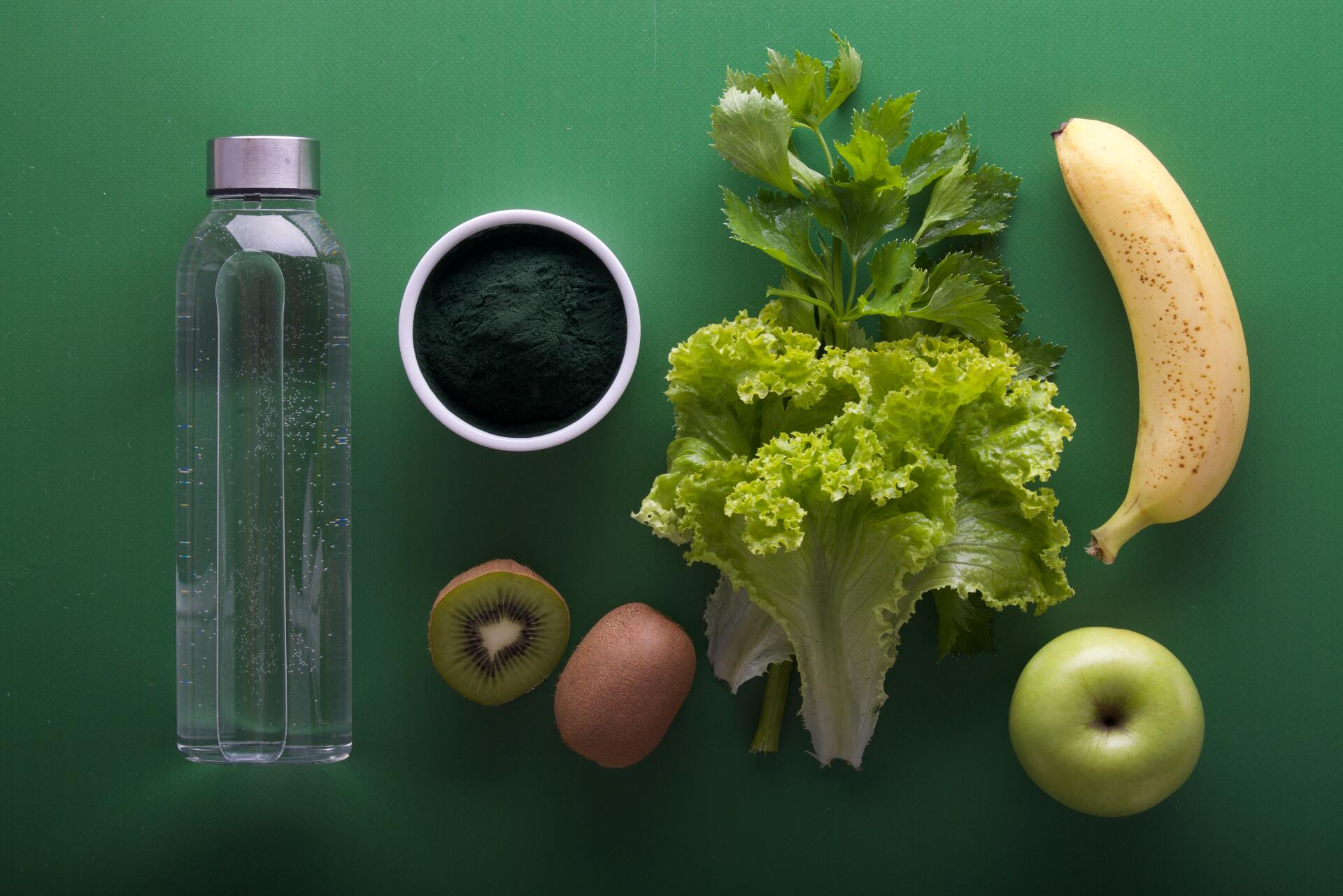
Gut health is of major importance for our overall well being because it correlates with the brain and it also breaks down the food we consume, which is later turned into vital nutrients. If you have missed the first part, where we explain everything about the importance of our gut, click here (insert a link to part 1) to learn more. Expensive prebiotic supplements shouldn’t be your go-to option when you experience gut problems. The good bacteria your body requires don’t have to come from pills. In fact, consuming healthy food can impact the amount of “good” bacteria we have in our digestive system. Today we are investigating further into the topic and we are offering some great tips on how to actually improve your gut health.. 6 Tips To Improve Your Gut Health Change Your Diet Getting rid of high sugar, trans-fats, and processed food should be your priority if you want your gut to thank you. Consuming more lean protein such as chicken/turkey breasts, beef topside, fish, and quality fibers (oats, whole-grain bread/pasta) will benefit your digestive system. In fact, eating a high-fiber diet has been proven to alter our guts in a positive direction. Keep Yourself Hydrated Drinking 8 glasses of water per day may sound like the most annoying thing your mom used to tell you, but it is actually true. Keeping your body hydrated has been shown to have a positive effect on the balance of the good bacteria in our guts. Don’t Rush When Eating Keeping a slow pace when consuming food is of major importance for the health of your gut. For this reason, chewing slowly can help you digest your food better and absorb all required nutrients. Maintaining a healthy gut and reducing digestive discomfort is guaranteed if you stick to this condition. So, next time when you are trying to eat as fast as you can, slow down for a second, and think how your gut will react if you continue at the same pace. Sleep More Getting enough uninterrupted sleep is a complicated process for a lot of people, especially those with kids out there. However, not getting enough quality sleep can have a great impact on your gut health. Try to prioritize getting at least 7-8 hours a night. Not only it will help you maintain a healthy gut, but you will also be more productive throughout the day. Eat Fermented Foods Fermentation is a process where the sugar many foods contain is broken down into bacteria or yeast. One of the foods, which is easy to get and cheap is yogurt. Yogurt is rich in lactobacilli, which is a bacteria that can benefit your gut health. It was proven that people who consume a lot of yogurt, have more lactobacilli in their gut. These people have less chance to experience gut inflammation or any other chronic conditions. However, keep in mind that there are many sweetened yogurts out there with a lot of added sugar, which are not beneficial. Always search for a natural yogurt with no artificial sweeteners. Eat Dark Chocolate We can almost see the smiles of all chocolate lovers out there. Polyphenols, which are plant-based molecules that are rich in fiber, are found in dark chocolate. They travel to our intestines where microbes use them for fuel. Other foods and beverages that are rich in polyphenols are: ● Blueberries ● Green Tea ● Cocoa ● Broccoli ● Almonds ● Onions Takeaway Message A disrupted microbiome, which is found in the gut, can lead to many chronic diseases. There are a lot of lifestyle changes that you can make and with some effort, you can maintain a healthy gut. Avoid artificial sweeteners as much as possible. Eat plenty of vegetables and fresh unprocessed foods. Beans, legumes, and whole-grain foods should also be in your diet. What are you waiting for? Your Gut Health is in your hands now. Go and make the most out of it! Photo by: Unsplash
